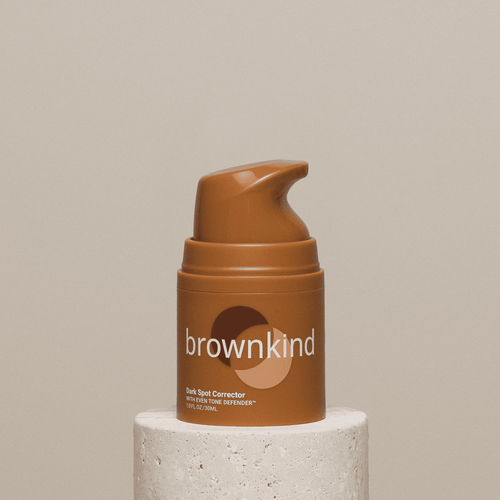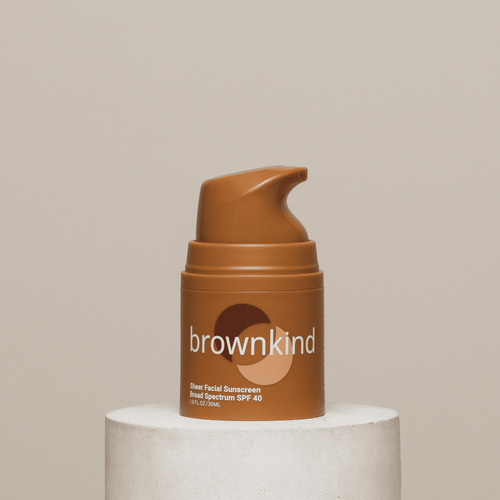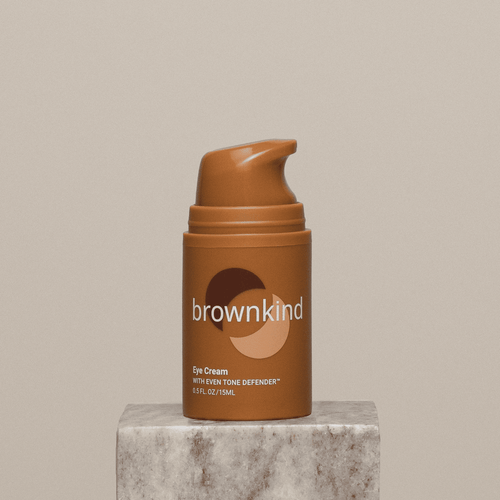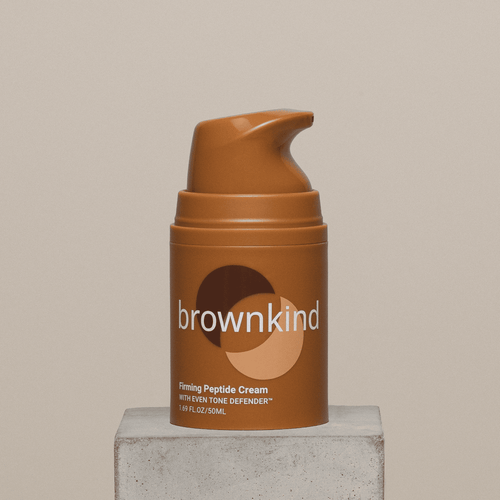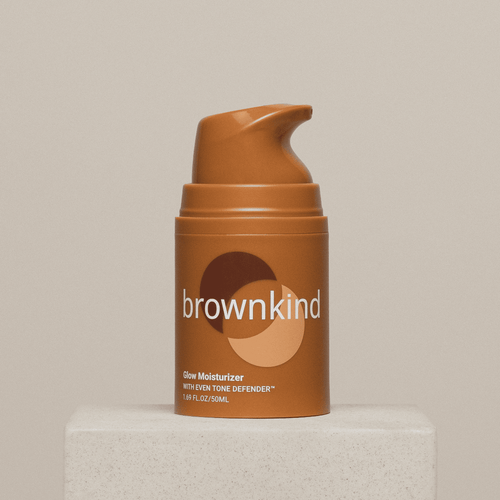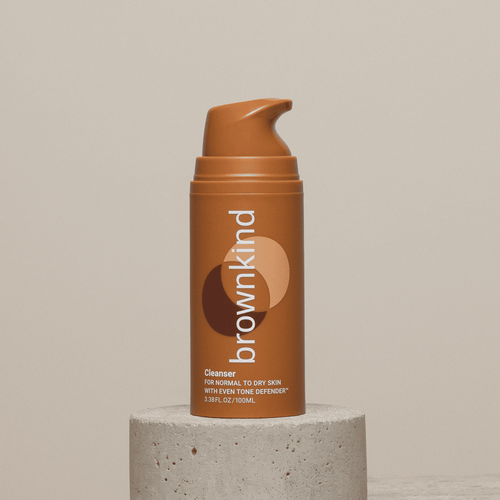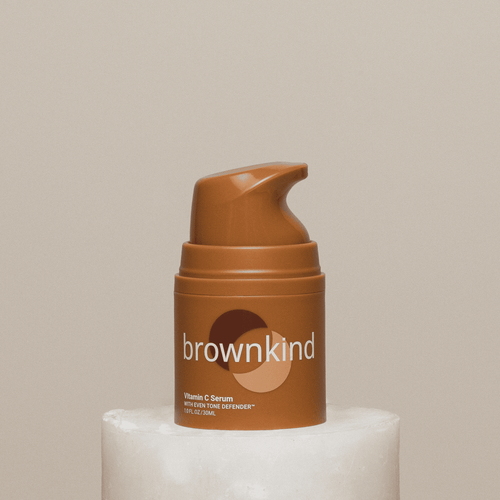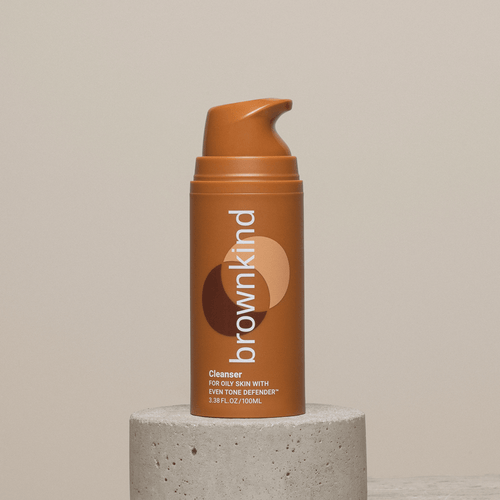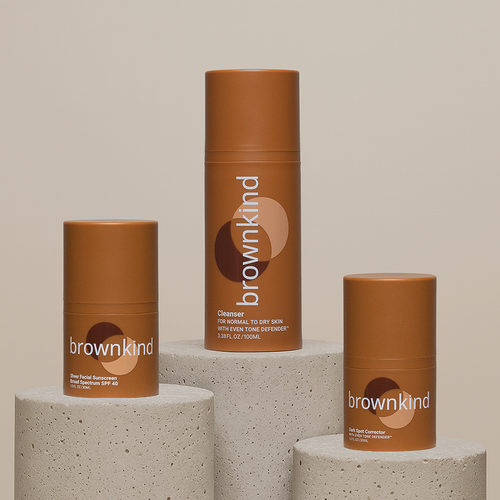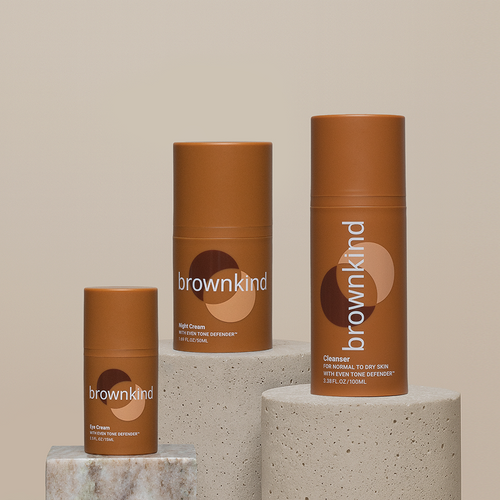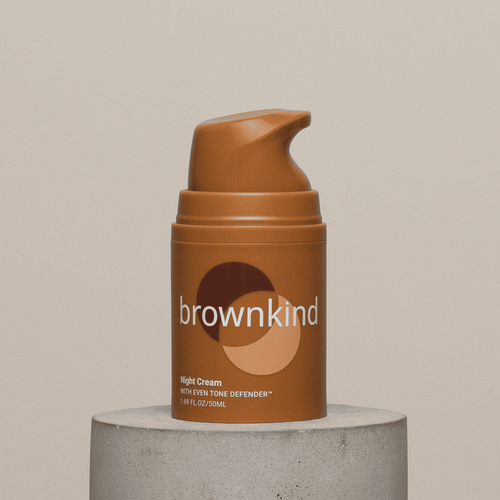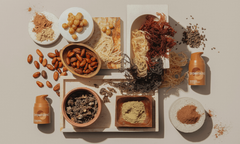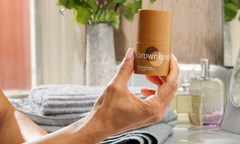Share
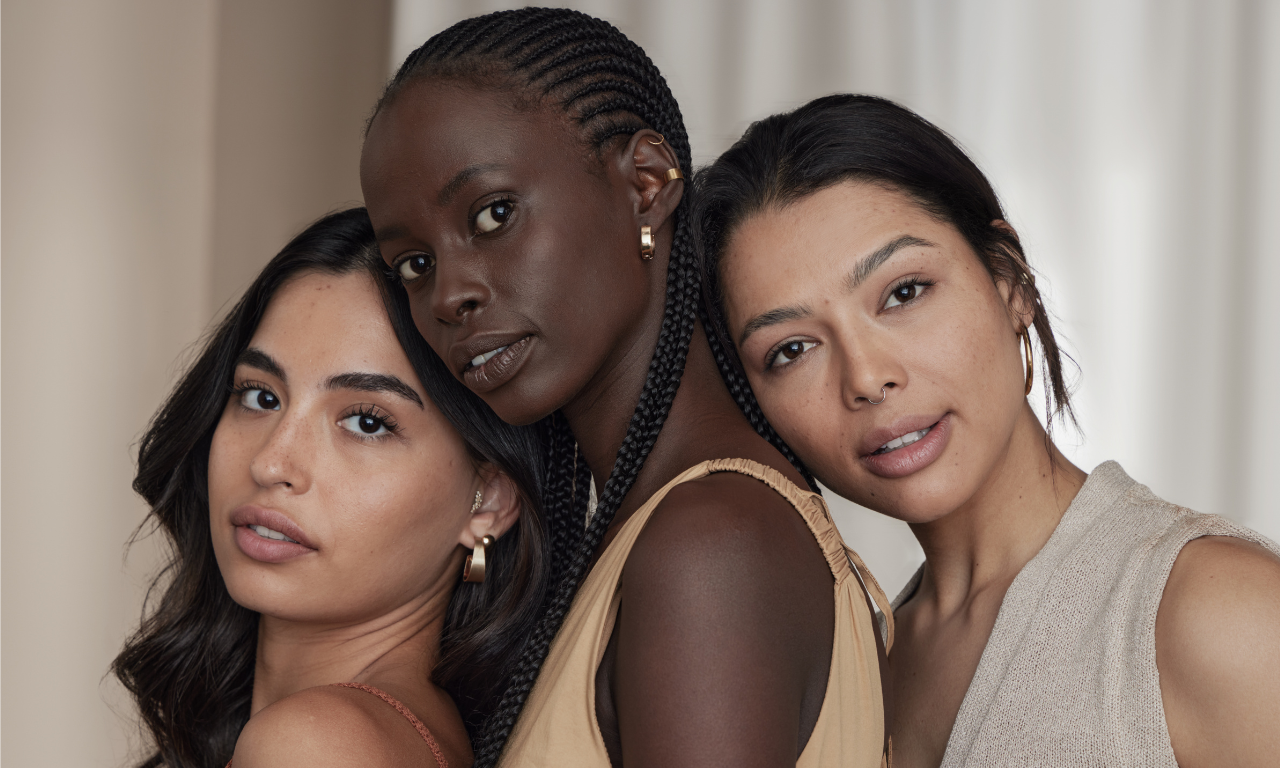
For generations, lighter skin has been held up as the global beauty standard—positioned as more desirable, more successful, and more "beautiful." This standard didn’t emerge by accident. It was shaped by colonialism, reinforced by media, and quietly passed down through families and communities. Today, it still shows up in countless ways—from viral TikTok trends to product shelves lined with "fairness creams" promising to erase who you are in favor of who the world says you should be.
But here’s the truth: there is nothing wrong with melanin. The problem isn’t your skin tone. It’s the system that continues to associate lighter skin with higher value—and a culture that teaches us to chase that ideal, often at the cost of our health, identity, and self-worth.
It’s time to talk about why skin-lightening culture is not just problematic—it’s dangerous. And why embracing and caring for your natural skin tone is not only powerful, but necessary.
What’s Wrong with Wanting “Flawless” Skin?
Words like “flawless,” “brightening,” or “fair” are often used to market skincare products, but for many of us, those words are loaded. In global beauty marketing, "flawless" is too often code for lighter, poreless, and blemish-free. These ideals are rarely inclusive of the real diversity in melanin-rich skin—and often imply that skin must be light to be considered clean, youthful, or worthy.
At Brownkind, we challenge that narrative. To us, even tone means skin that is consistent, hydrated, and balanced—not lighter, not filtered, and never altered. It means respecting the natural richness and variation of melanin-rich skin and working to protect it—not erase it.
The Skin-Lightening Industry: Built on Insecurity, Powered by Misinformation
The global market for skin-lightening products is projected to reach $11 billion by 2026. That’s not just a number—it’s a reflection of how deeply internalized colorism has become, and how profitable it is to prey on that insecurity.
From drugstore shelves to DIY trends online, many of these products are marketed as “safe” or “herbal,” but often contain harmful, unregulated, and undisclosed ingredients. They’re positioned as self-care, but they come with real risks.
The Most Common and Harmful Ingredients:
1. Hydroquinone (when overused or unregulated)
- Long-term use can lead to exogenous ochronosis, a condition that causes blue-black skin patches—the opposite of what most users are hoping for.
- Common in poorly labeled or imported products.
- Banned or restricted in several countries for safety concerns.
2. Mercury
- Blocks melanin production but is absorbed through the skin.
- Can lead to nerve damage, kidney failure, and severe skin thinning.
- Still found in many imported or black-market creams despite being banned in most regulated markets.
3. Topical steroids (used without medical supervision)
- Suppress melanin but compromise skin health in the process.
- Long-term use can cause permanent thinning, redness, and sensitivity.
These ingredients work by disrupting the skin’s natural melanin production—which may yield short-term results, but at the cost of long-term health, barrier function, and even your immune system.
The Psychological Toll of Skin-Lightening Culture
This isn’t just a skincare issue—it’s a deep-rooted emotional and cultural one. The desire to lighten skin is rarely just about aesthetics. It’s about social capital, belonging, and survival in systems that reward proximity to whiteness.
Colorism is real. And it’s reinforced in subtle and not-so-subtle ways—through who we see in magazines, who gets hired, who is praised for being “beautiful,” and who is told to “clean up” their look.
That pressure leads to:
- Generational harm: Messages passed down through family, community, or cultural norms about lighter skin equaling better opportunities.
- Low self-esteem: Internalized shame or comparison stemming from media, peers, or social environments.
- Risky behavior: Overuse or misuse of lightening products, especially without medical guidance or awareness of long-term risks.
So What Should We Be Reaching For Instead?
Let’s be clear: wanting to care for your skin isn’t the issue. But we should be aiming for healthy, radiant, and strong skin—not skin that’s lighter. The goal is not to erase your melanin, but to protect and honor it.
That means:
- Using moisturizers that protect the skin barrier and support hydration
- Focusing on tone clarity, not tone change
- Choosing ingredients like niacinamide or vitamin C, which help balance melanin production without suppressing it
- Wearing daily sunscreen to protect against UV-induced pigmentation and long-term discoloration
- Staying away from products that use language like “whitening,” “fairness,” or “bleach”—these are red flags
And most importantly, choosing brands and language that affirm your skin, rather than exploit your desire to care for it.
How to Spot—and Reject—Harmful Products
There are some key things to watch for when choosing skincare, especially when your goal is healthy tone and texture:
- Avoid anything that promises to “whiten, lighten, or bleach” the skin
- Be wary of products with no ingredient list or ones sold in unregulated markets
- Look for formulas labeled mercury-free, hydroquinone-free, and steroid-free unless prescribed by a dermatologist
- Don’t rely on vague terms like “herbal” or “natural”—always read the label
Let’s Redefine Even Tone, Together
At Brownkind, we believe even tone doesn’t mean lighter—it means supported. It means your skin is calm, clear, and consistent across its natural tone—not fighting inflammation or damage, not reacting to harsh ingredients.
We define beauty by how your skin feels in its healthiest state—not by how close it looks to someone else’s standard. We’re here to help you care for your melanin—not minimize it.
A Better Future Starts With Better Language
Words like “flawless,” “brightening,” and “fair” are often used to sell insecurity. But we’re not here to sell you a problem. We’re here to support skin that feels nourished, protected, and proud.
Skincare should help you feel more like yourself—not someone else.
There’s nothing wrong with wanting smooth, clear, glowing skin. But you don’t have to give up your identity—or your skin’s integrity—to get there.
